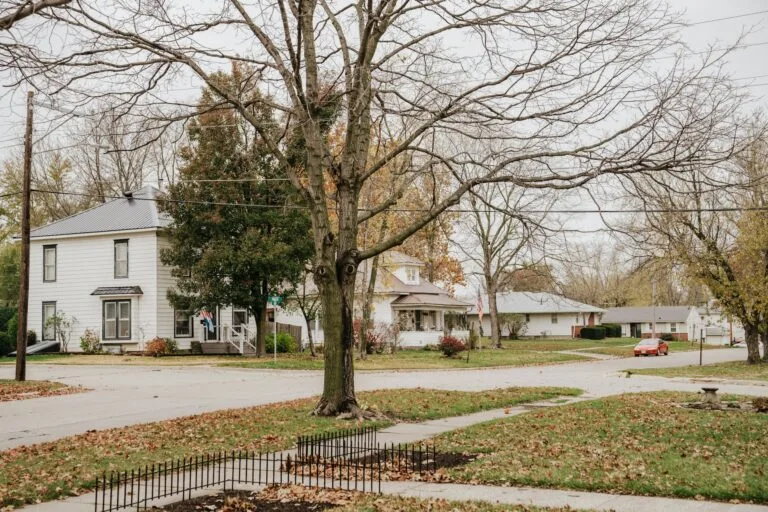© 2026 Kozloff Stoudt Attorneys | Phone: (610) 670-2552
2640 Westview Dr., Wyomissing, PA 19610
Disclaimer: Nothing on this website should be construed as a guarantee of results in any matter in which Kozloff Stoudt Attorneys works on behalf of a client. The outcome of a particular matter can depend on a variety of factors – including the specific factual and legal circumstances, the ability of opposing counsel, and, often, the unexpected development beyond the control of any client or attorney.



















